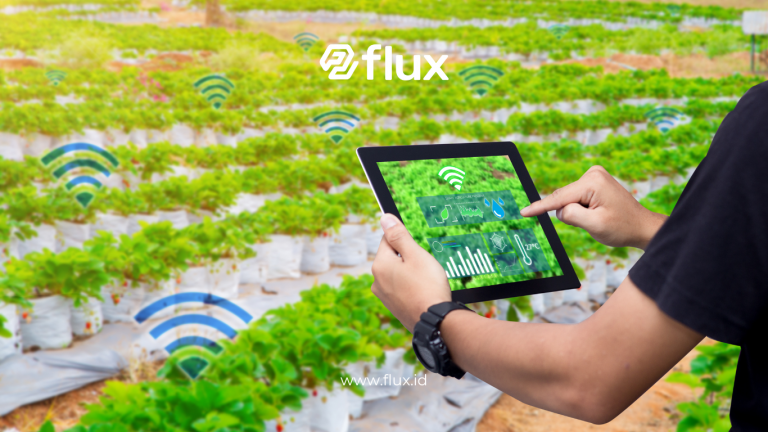Don't miss our holiday offer - 20% OFF!

Read also : Environmentally Friendly Hospitals: Optimizing Energy Management with IoT
In this ever-advancing digital era, the Internet of Things (IoT) stands out as a prominent technological marvel. Its ability to connect devices to the internet and enable seamless communication has revolutionized our interaction with the environment. Among its significant impacts is the transformation of traditional cities into Smart Cities. Smart Cities integrate information and communication technology to enhance citizen’s quality of life, resource efficiency, and minimize environmental footprints.
Contents
The Role of IoT in Achieving Sustainability in Smart Cities

Read also : Utilizing IoT in Flood Monitoring and Early Warning Systems
The Internet of Things (IoT) plays a pivotal role in realizing the concept of sustainable Smart Cities. Through IoT, various urban infrastructures and devices can intelligently connect and interact. Here are several ways in which IoT contributes to crafting sustainable cities:
Efficient Resource Management
Efficient resource management is a key aspect of sustainable cities. IoT-enabled sensors installed in various infrastructures, such as power, water, and gas networks, gather real-time data on consumption and demand. This data empowers authorities and relevant organizations to optimize resource usage, reduce waste, and cut operational costs.
Smarter Mobility
IoT offers innovative solutions to the mobility challenges faced by densely populated cities. By utilizing connected sensors and devices, intelligent transportation systems can encompass traffic monitoring, smart parking, and integrated public transport. This helps alleviate traffic congestion, optimize travel routes, and mitigate greenhouse gas emissions.
Enhanced Safety and Security
In Smart Cities, IoT sensors and cameras serve as additional eyes and ears for urban security. Data from these sensors is utilized to monitor public activities, identify potential security threats, and facilitate swift responses to emergencies. Consequently, urban safety and citizen well-being can be significantly improved.
Challenges in Implementing Smart Cities

Read also : Conquering Traffic Congestion with IoT Transport Solutions
Despite the promises of Smart Cities, several challenges need to be addressed during implementation:
Data Security
The proliferation of interconnected devices heightens the risk of data breaches. Security breaches could have adverse effects on city infrastructure and citizens’ personal data. Robust security systems, advanced encryption technologies, and stringent privacy measures are crucial to safeguard the data collected by IoT.
Citizen Engagement
The success of Smart City implementation hinges on active citizen participation. Governments need to educate citizens about the benefits of using technology to enhance their quality of life. Engaging the community in providing feedback and input helps identify issues and formulate more relevant solutions.
Conclusion
The Internet of Things (IoT) plays a pivotal role in materializing the vision of sustainable Smart Cities. By harnessing this technology, cities can create more efficient, secure, and environmentally-friendly environments. However, data security challenges and citizen engagement remain critical aspects to address on the path towards a better, smarter, and more sustainable urban future. Through collaboration among governments, private sectors, and citizens, the optimal utilization of IoT can shape the future of smarter and sustainable cities.





